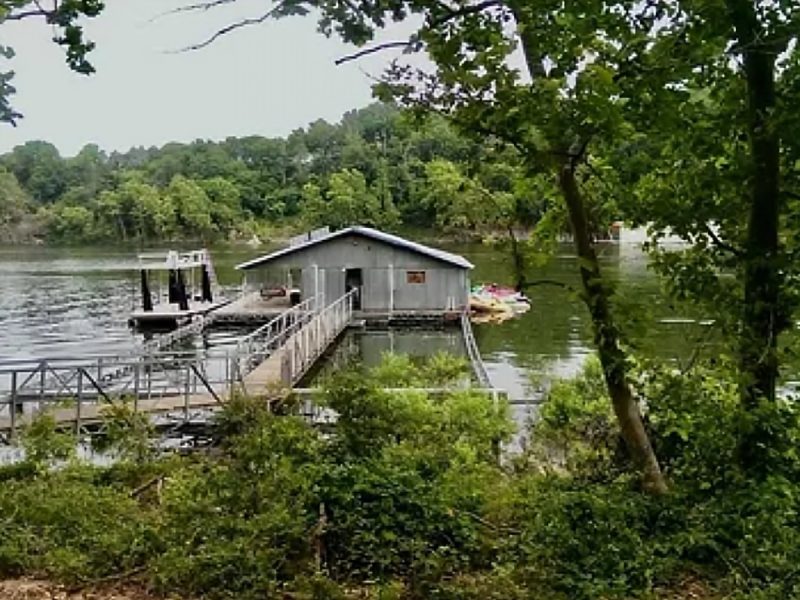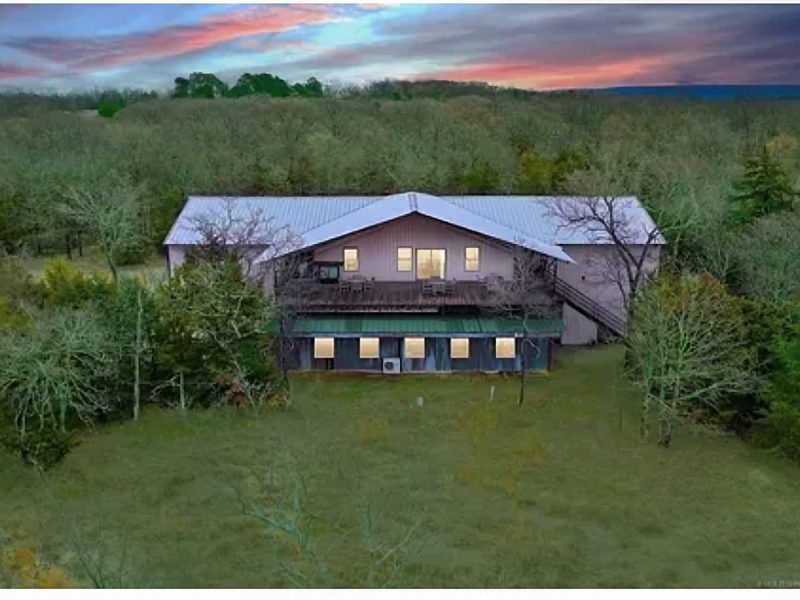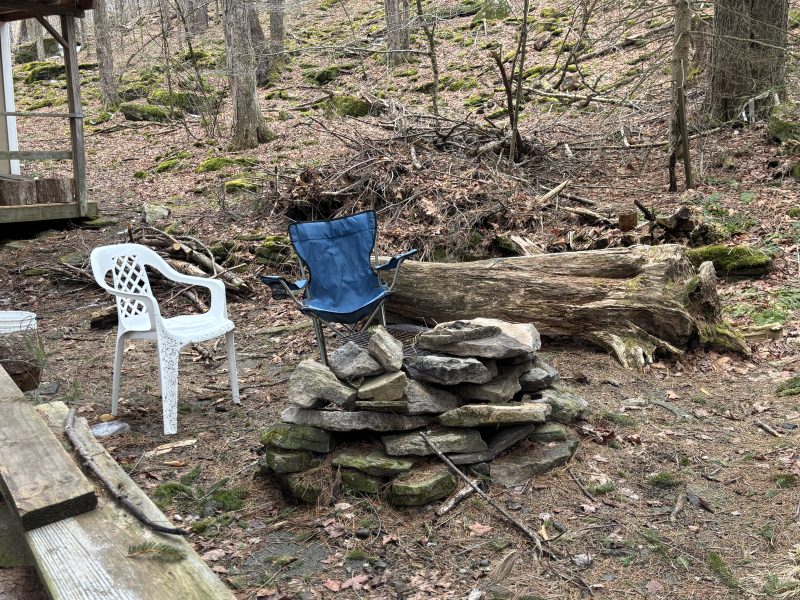Explore Lake Niassa
Located in the heart of Mozambique lies a hidden gem awaiting discovery: Lake Niassa. Enigmatic and serene, this expansive body of water captivates with its pristine beauty and untamed wilderness.
As one of the world’s largest freshwater lakes, Lake Niassa boasts crystal-clear waters teeming with vibrant aquatic life. Its shores are adorned with lush vegetation and rugged landscapes, inviting exploration on land and by boat. Dive into its depths to encounter an array of endemic fish species found nowhere else on Earth, or hike through the surrounding wilderness to witness breathtaking panoramas that stir the soul.
START PLANNING YOUR TRIP
Top 3 Facts about Lake Niassa in Mozambique
Tri-Nation Wonder
Lake Niassa, also known as Lake Malawi, stretches across three countries: Mozambique, Tanzania, and Malawi. This makes it one of Africa’s Great Lakes and adds to its geopolitical and ecological significance.
Biodiversity Hotspot
Renowned for its incredible biodiversity, Lake Niassa is home to over 1,000 species of fish, most of which are endemic to its waters. This makes it a hotspot for biological research and conservation efforts.
Depth and Volume
Lake Niassa is the third-largest and second-deepest lake in Africa. With a maximum depth of over 700 meters (2,300 feet) and a volume of approximately 8,400 cubic kilometers (2,000 cubic miles), its vastness and depth contribute to its mysterious allure.


Must See Attractions
Niassa Reserve
Reserve
Fancy meeting three of the Big Five? Just a stone’s throw from Lake Niassa, the Niassa Reserve offers a peek into the lives of elephants, buffaloes, lions, and wild dogs. It’s a semi-untamed spectacle of nature that can’t be missed.
Malawi and Tanzania
Countries
The lake spans the borders, meaning you get to soak up the cultures of not one but two additional countries. Ever thought about adding two more stamps to your passport while on one trip? Now’s your chance!
Likoma Island
Island
Found within the waters governed by Malawi, this island is a tranquil haven with some of the best snorkeling you can dream of. Your underwater friends? A kaleidoscope of tropical fish unique to the lake.
Annual Events and Festivals
Lake of Stars Festival
Held annually in September, the Lake of Stars Festival brings together musicians, artists, and performers from across Africa and beyond for a vibrant celebration of music, arts, and culture.
Set against the backdrop of Lake Niassa’s stunning shores, this multi-day event features live music, dance performances, workshops, and cultural exchanges.
Fishermen’s Regatta
Taking place in July, the Fishermen’s Regatta is a traditional event that honors the importance of fishing in the communities surrounding Lake Niassa.
Fishermen from local villages compete in boat races, showcasing their skill and agility on the water. The regatta also includes cultural displays, music, and food stalls, offering visitors a glimpse into the rich maritime heritage of the region.
Queen Achivanjila Festival
The Queen Achivanjila Festival pays homage to Queen Achivanjila, a legendary figure in the history of the Chewa people who inhabit the region around Lake Niassa. The festival features traditional dances, music performances, storytelling, and reenactments of historical events associated with Queen Achivanjila. It serves as a cultural gathering where locals and visitors unite to honor the queen’s legacy and celebrate Chewa heritage. Held in various villages along the shores of Lake Niassa, this festival offers a unique opportunity to experience the rich cultural traditions and customs of the Chewa people in an enchanting lakeside setting.
Top Hiking Trails
Likoma Island Circumnavigation Trail
Likoma Island
This trail offers a picturesque journey around the circumference of Likoma Island, the larger of Lake Niassa’s two inhabited islands. Hikers can explore rocky outcrops, sandy beaches, and lush forests while enjoying panoramic views of the lake and surrounding landscapes. The trail passes through traditional villages, providing opportunities to interact with local communities and learn about their way of life.
Nkwichi Lodge Eco-Trail
Nkwichi Lodge
Located on the Mozambican side of Lake Niassa, Nkwichi Lodge offers an eco-trail experience for hikers of all levels. The trail winds through the lodge’s private reserve, showcasing the region’s diverse flora and fauna. Hikers can spot native trees, colorful butterflies, and bird species as they meander along the well-marked paths. The trail also leads to secluded beaches and hidden coves, perfect for picnics or swimming in the lake’s clear waters.
Mbenji Island Nature Trail
Mbenji Island
This trail on Mbenji Island offers hikers a chance to immerse themselves in the island’s pristine natural beauty. Beginning at the island’s main village, the trail winds through dense forests, past rocky cliffs, and along the shoreline. Hikers may encounter a variety of wildlife, including colorful birds and monkeys. The trail culminates at a scenic viewpoint overlooking the lake, where hikers can relax and enjoy the breathtaking scenery.
Water Sports
Scuba Diving and Snorkeling
Lake Niassa boasts crystal-clear waters teeming with colorful fish and other marine life. Scuba diving and snorkeling are fantastic ways to explore the lake’s underwater world, with visibility often exceeding 30 meters (100 feet). Dive sites around Likoma and Chizumulu islands offer stunning coral reefs, underwater rock formations, and the chance to encounter endemic fish species found nowhere else on Earth.
Kayaking and Canoeing
The calm and tranquil waters of Lake Niassa are perfect for kayaking and canoeing adventures. Paddle along the shoreline, explore hidden coves, and venture to remote islands while enjoying the breathtaking scenery and serenity of the lake. Kayak rentals and guided tours are available from various lodges and resorts around the lake.
Fishing
Lake Niassa is renowned for its excellent fishing opportunities, with over 1,000 species of fish inhabiting its waters, including the prized chambo and tiger fish. Anglers can try their luck from the shore or join guided fishing excursions led by local experts. Whether you’re a novice or an experienced angler, the thrill of catching a trophy fish in Lake Niassa is an unforgettable experience.
Winter Activities
Wildlife Safaris
The dry season, typically from May to October, is an excellent time for wildlife viewing around Lake Niassa.
Join guided safaris in nearby national parks such as Niassa Reserve or Lichinga Game Reserve to spot various animals, including elephants, lions, buffalo, and antelope species.
Hiking
Explore Lake Niassa’s scenic landscapes and diverse ecosystems on guided hikes and nature walks.
Discover hidden waterfalls, ancient baobab trees, and breathtaking viewpoints while learning about the local flora and fauna from experienced guides.
Birdwatching
Lake Niassa and its surrounding areas are home to many bird species, making it a paradise for birdwatchers.
Grab your binoculars and explore the lakeshore, forests, and wetlands to spot colorful birds such as African fish eagles, kingfishers, herons, and many more.
Where to Eat
Londo Uchessi Restaurant
$$ – $$$ • Homemade
Saiphwanya
$$ – $$$ • Homemade, Seafood
Beach Breeze Bar
$$ – $$$ • Bar
Where to Shop
Jazzakallah
Grocery store
KHAYRUN NISAH
Clothing store
BOSSMAN STORE’S
Clothing store
Where to Sleep
- 3
- 2
- 3
- 2
Lakeside Beach House
- 2
- 2
The Perfect DESTIN-ation!
- 2
- 2
Pug Life - Walk to the Ocean!
- 4
- 2
Roscoe Pine House
- 6
- 3
- 1
Tips on Renting a Vacation Home on Lake Niassa
Research Accommodation Options
Start by researching vacation rental properties around Lake Niassa. Look for reputable websites, rental agencies, or direct listings from lodges and resorts in the area. Consider location, amenities, price, and guest reviews when comparing different options.
Book in Advance
Lake Niassa is a popular destination, especially during peak travel seasons. To ensure you have a wide selection of rental properties, it’s advisable to book your accommodation well in advance, ideally several months ahead of your planned travel dates.
Communicate with the Host
If you’re renting a property through a platform like Airbnb or Lake, take the time to communicate with the host before making a booking. Ask any questions about the property, amenities, location, and local attractions to ensure it meets your needs and expectations.
Read Reviews
If you’re renting a property through a platform like Airbnb or VRBO, take the time to communicate with the host before making a booking. Ask any questions about the property, amenities, location, and local attractions to ensure it meets your needs and expectations.




Going Deeper: History and Cultural Significance of Lake Niassa
Lake Niassa, also known as Lake Malawi, has a rich history and profound cultural significance for Mozambique and beyond. Stretching across three countries—Mozambique, Tanzania, and Malawi—Lake Niassa has served as a lifeline for countless communities for centuries. Its shores have been inhabited by diverse ethnic groups, including the Chewa, Yao, and Tonga people, who have relied on its waters for sustenance, transportation, and trade.
The lake’s fertile shores and abundant fisheries have supported thriving civilizations, with evidence of human settlement dating back thousands of years. Lake Niassa has also played a pivotal role in shaping the region’s cultural heritage, inspiring myths, legends, and traditional practices that resonate with local communities today. Its waters are steeped in stories of creation, migration, and spiritual significance, making it a sacred and revered natural wonder.
As a UNESCO World Heritage Site, Lake Niassa stands as a testament to the enduring connection between humanity and the natural world, reminding us of the importance of preserving our shared cultural and environmental heritage for future generations.
Frequently Asked Questions about Lake Niassa
You’re in for a treat at Lake Niassa, with various activities to pick from. Take a snorkeling trip to gaze at the colorful fish darting below the water’s surface, or try kayaking and sailing. Adventurous souls can even embark on a scuba diving expedition to explore the underwater wonders.
Lake Niassa’s history is as deep as its waters. This magnificent lake has been a lifeline for local populations for centuries. It’s believed that Arab traders were the first to record details about the lake back in the 10th century. European exploration was marked by the arrival of the Scottish missionary Dr. David Livingstone in the mid-19th century.
If fishing is your game, Lake Niassa won’t disappoint. It’s home to an astonishing array of fish, with over 1,000 species cruising its depths. Many anglers are delighted by the plentiful cichlids, which are not only a challenge to catch but are also a marvel of evolution due to their incredible diversity.
Lake Niassa’s claim to fame is its biodiversity. This ecological reserve is a hotbed for endemism, particularly its fish population – many species here can’t be found anywhere else on Earth. This distinctive aspect, coupled with its pristine waters and the surrounding Niassa Reserve teeming with wildlife, makes it an ecological sanctuary.
Lake Niassa, the gem that straddles international lines, is bordered by Mozambique, Malawi, and Tanzania. Mozambique enjoys approximately 25% of the lake within its territory, providing a backdrop for the unspoiled beaches and tranquil waters of Lake Niassa.
Swimming in Lake Niassa is a refreshing experience, but safety is key. Be mindful of Bilharzia, a parasite found in some freshwaters of Africa, by avoiding stagnant areas of the lake. Keep an eye out for any advisories about crocodile and hippo presence to ensure you have a safe dip in these beautiful waters.
Rent a Property
Looking for a cottage in Lake Niassa?
Find a Property
 Listings
Listings Help Center
Help Center






































